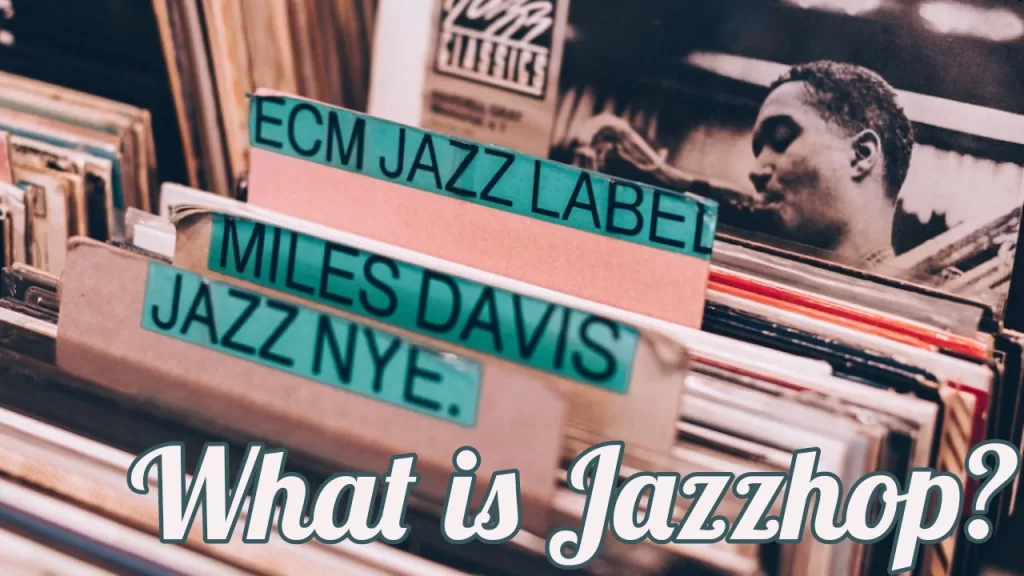Lofi music has become the genre for many, providing a soothing escape from the hustle and bustle of daily life, right? But have you ever wondered about the roots of this mellow genre?
Jazz and soul music have significantly influenced lofi beats, adding depth, emotion, and a timeless quality. Let’s dive into how these classic genres shape the modern lofi sound.
Jazz Music’s Influence on Lofi Beats
Jazz, with its rich history and complex compositions, plays a crucial role in the foundation of lofi music. The improvisational nature of the genre brings a sense of spontaneity and freedom to lofi beats, making each track feel unique and organic.
After all, lofi is to embrace imperfection. Improvisation on the other hand gives space for not being on tempo 100% as well as having slight changes on the strict rules of harmonies. It spices the music you listen to.
Key Elements:
- Swing and Groove: Jazz rhythms often feature a swinging, syncopated beat that adds a laid-back groove to lofi tracks. This creates a relaxed atmosphere that is perfect for studying or unwinding from my point of view.
- Instrumentation: The use of traditional jazz instruments like the piano, saxophone, and trumpet can be frequently heard in lofi tracks. Especially as lofi loves sampling tunes of old vinyl vibe songs, which are mostly featuring the instruments. They add a warm, analog feel that is characteristic of the lofi aesthetic.
- Improvisation: Jazz’s hallmark is its improvisational style, where musicians play around a theme or chord progression. Lofi producers often incorporate this by using jazz samples or creating their own improvisational loops.
How Soul Music Shapes Lofi Vibes
Soul music on the other hand is known for its emotional depth and expressive vocals, infuses lofi music with a certain warmth and humanity. The genre’s emphasis on feeling and groove provides a rich emotional palette for lofi producers to draw from.
Key Elements:
- Emotional Depth: Soul music’s lyrical content and vocal delivery convey profound emotions. In lofi, this is mirrored through the use of soulful samples and melodic lines that evoke a sense of nostalgia and introspection. While vocals are less common in lofi, vocal chops are a more common tool for beatmakers.
- Rhythmic Patterns: The steady and relaxed rhythms of soul music translate well into the downtempo beats of lofi.
- Instrumentation: The soul genre often uses organ, electric piano, or similar keys along with smooth bass lines that can be heard in many lofi tracks either. I guess they add layers of texture and warmth.
The Blend of Jazz, Soul, and Lofi
Combining jazz and soul influences with modern bedroom production techniques: lofi music offers a rich tapestry of sound that appeals to a wide audience. This is no surprise as the song aims not to polarize but to soothe the listeners’ minds. The more stressful our lives become, the more we crave the tranquility that lofi offers.
This blend not only provides that previously mentioned soothing background for relaxation but also engages listeners with its musicality.
Why Jazz and Soul Influences Resonate with Lofi Fans
For listeners, the jazz and soul influences in lofi music offer a comforting sense of familiarity and warmth. These genres are (and hopefully lofi will become) timeless. Their integration into lofi provides a bridge between the past and present from my point of view. Whether you’re studying, working, or just chilling, the smooth, emotive qualities of jazz and soul make lofi music the perfect companion.
In conclusion, the influence of jazz and soul music on the lofi genre cannot be overstated. These golden styles aged well and are now being infused with lofi with its characteristic warmth, depth, and emotional resonance, making it a favorite for those seeking to unwind or focus.
As lofi continues to evolve, its roots in jazz and soul will undoubtedly remain a crucial part of its identity.
Feel free to listen to my latest lofi tracks while you dive deeper into the world of music production. For more articles and insights into the lofi genre, check out my website and join the community of chill beat enthusiasts.
